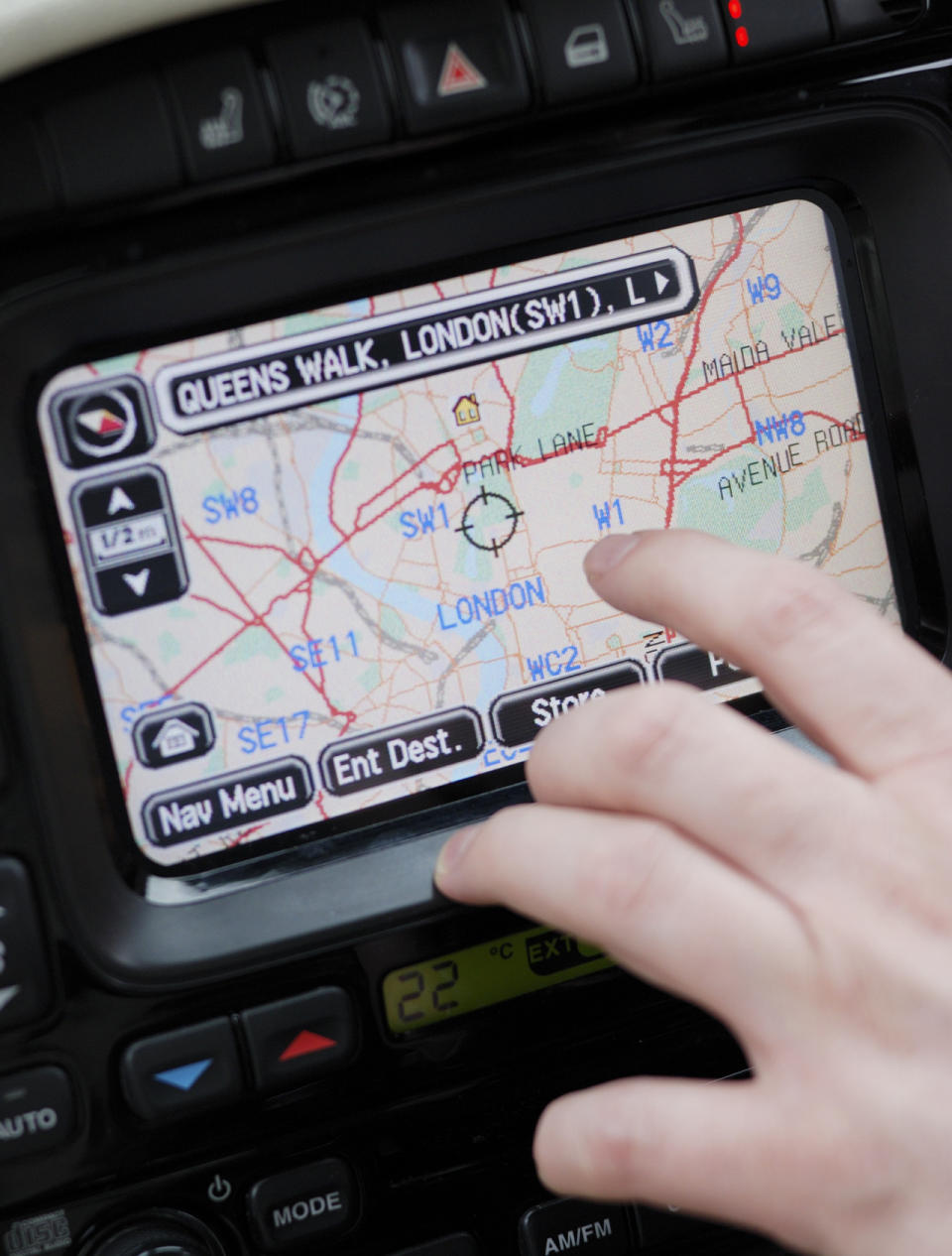Smartphone Addiction ‘Ruins Your Memory But Also Frees Up More Brain Space’

We’ve all got used to relying on computers, the internet, and our smartphones for everything - finding our way somewhere, ‘to-do’ lists, and plenty more.
But this kind of ‘cognitive offloading’ - storing information elsewhere other than your brain - could be a double-edged sword, helping free up space in your brain to think about other stuff, but potentially making it harder to remember things.
Researchers Professor Evan Risko, of the University of Waterloo and Dr Sam Gilbert, from University College London, have looked into how cognitive offloading can affect people’s brains.
“Our ability to reliably store and (almost) instantaneously retrieve information has changed drastically with the advent of the computer and the internet,” they wrote in the journal Trends in Cognitive Sciences.
“Consequently we can now offload much of what in the past would have been stored internally.”

More space - Using lists and reminders can free up space for other mental activity (Pictures: Rex)
They said cognitive offloading can improve other areas of mental performance, like memory, arithmetic and perception.
Using examples like relying on a GPS to find a friend’s house rather than your memory, they said offloading the responsibility for finding your way there could reduce your memory for that place.
MORE: You Really Shouldn’t Wee In The Swimming Pool, Scientists Say - Here’s Why
MORE: Going To Gigs On A Regular Basis Makes You A Happier Person
That in turn would encourage you to rely on the GPS in the future, in what they called a “drift away from reliance on internal capabilities when situated in an environment with effective cognitive technologies”.
The scientists called for more research to understand this “drift” as well as looking into the wider issues of cognitive offloading and the effect it will have on our brains.

Sense of direction - relying on a GPS could be a vicious circle when it comes to remembering your way around
“There is a clear need to better understand how offloading demands onto various technologies (eg.computers, internet, GPS) impact on our organic abilities both in the short- and long-term.
“The latter represents a particularly pressing concern both for researchers and society in general as our lives come to be more cognitively entangled with these technologies.”

